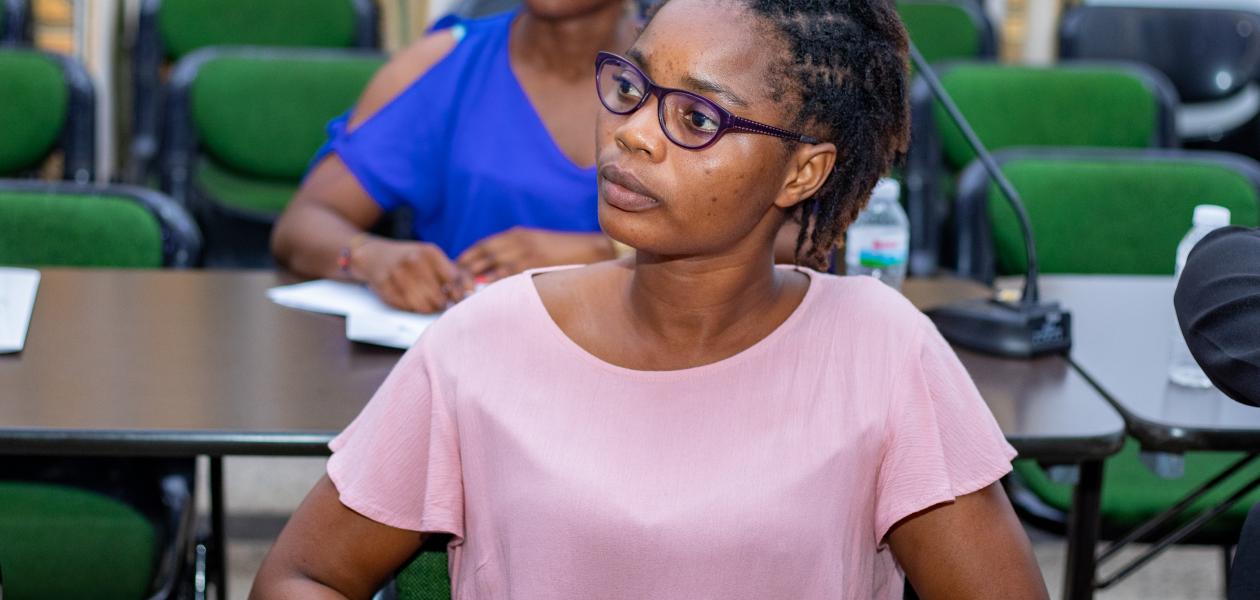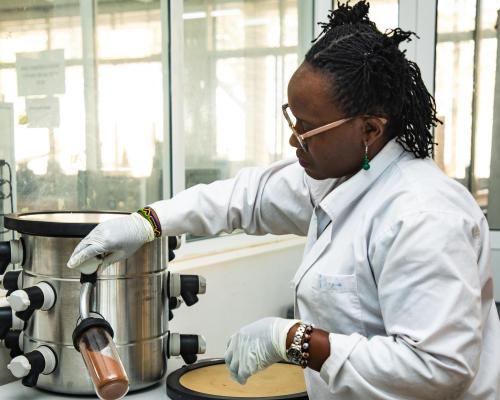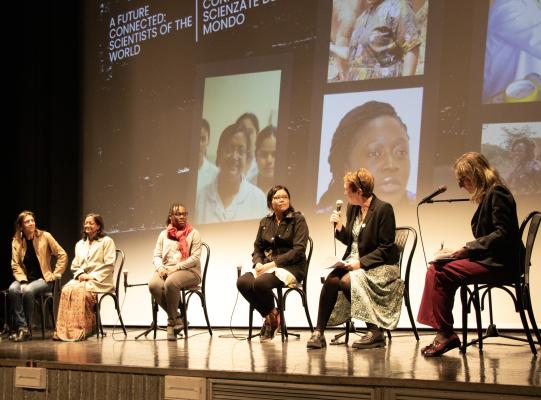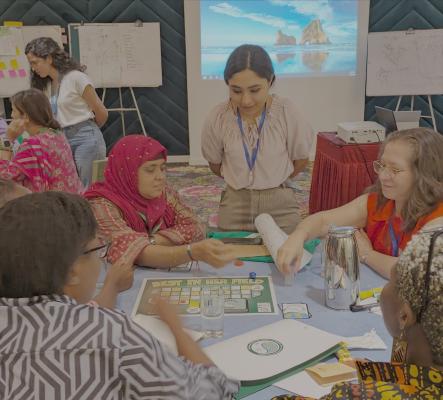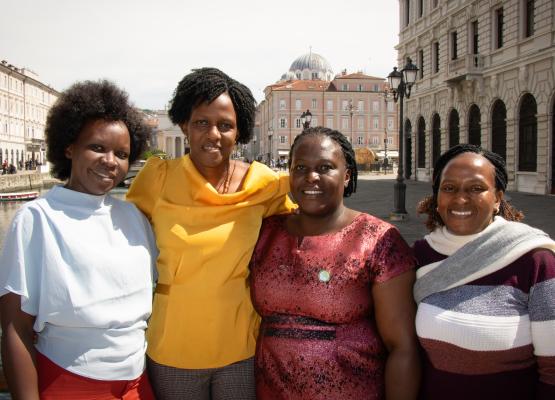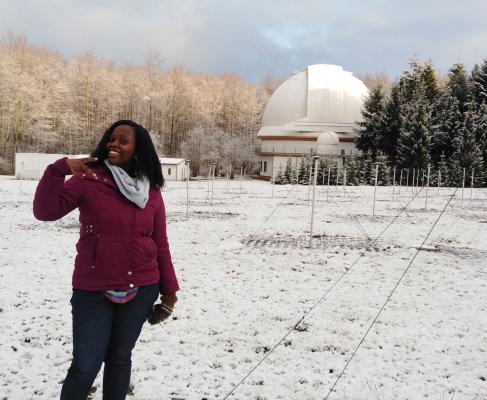Women bring critical perspectives based on their roles as caregivers, community leaders, and frontline responders to crises like water scarcity and food insecurity. Historically, research that overlooks women’s experiences can yield dangerous oversights—such as seatbelts not designed to protect pregnant women or heart-attack symptoms measured only for men. By empowering women in STEM, OWSD helps fill these knowledge gaps and ensures that scientific discoveries serve everyone.
OWSD’s added value lies in linking individual empowerment with institutional reform. Through national chapters in 57 countries (and counting), local women scientists have forged enduring networks for advocacy, mentoring, and fundraising. These chapters serve as a bridge between individual fellows and broader national priorities. For example, chapter members collaborate with science granting councils to shape research funding criteria in ways that explicitly promote women’s involvement and leadership.
More recently, OWSD has pioneered a “capacity plus" fellowship model, illustrated by the new master’s scholarship program for displaced women scientists in Jordan and Türkiye. This initiative includes support not only for individual scholars but also for host universities, helping them adapt curricula, build strong mentorship structures, and address gender-specific needs. The goal is to ensure that these institutions become sustainable hubs of inclusive research—long after the individual scholarships end.
